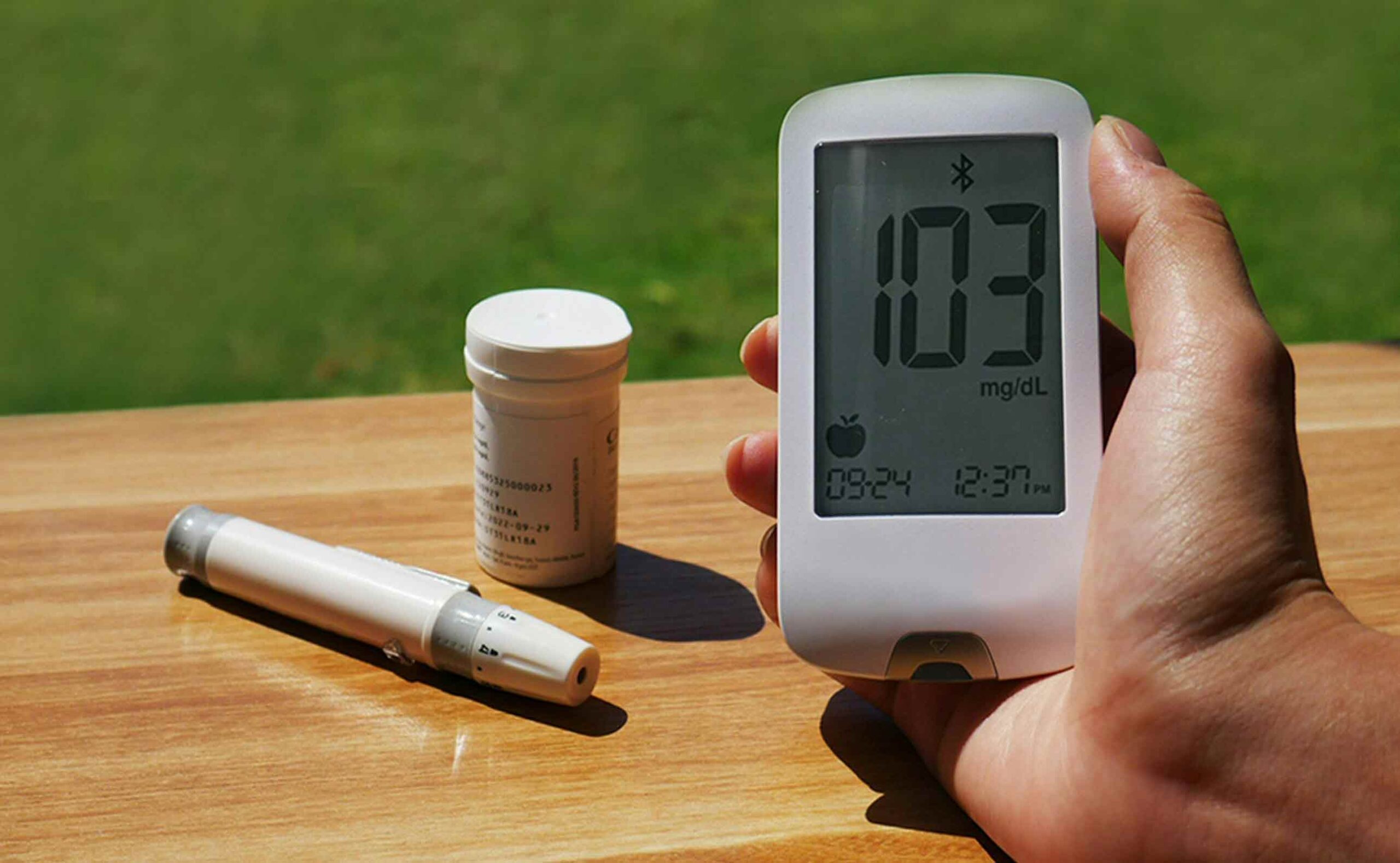Understanding Diabetes: A Comprehensive Guide
Diabetes mellitus, commonly known as diabetes, refers to a group of common metabolic disorders that leads to high levels of sugar (Glucose) in your blood (hyperglycemia). Your body’s cells need Glucose to make energy.
This chronic condition primarily involves the pancreas, which produces insulin, a hormone vital for managing blood glucose levels.
Dysfunction in insulin secretion from pancreas’s beta cells, inhibits the conversion of glucose into energy.
As a result, hyperglycemia can lead to organs’ damage, particularly affecting vascular system.
Recognizing Diabetes Symptoms
Many patients initially show no symptoms; the truth warns us to watch out for sign of diabetes.
These are the most common symptoms,
- Thirst: Feeling excessively thirsty.
- Urination: passing greater volume of urine than usual
- Fatigue: Feeling tired.
- Slow Healing: Difficulty in wounds healing.
Exploring Diabetes Types
Diabetes is classified based on the pathogenic process leading to hyperglycemia.
There are several types of diabetes:
- type 1 diabetes: an auto-immune condition where body’s immune system attacks insulin-producing beta cells in the pancreas.
- type 2 diabetes: develops gradually over time, when your body slowly lose its control on blood glucose levels as your body’s insulin becomes less effective
- gestational diabetes: high blood glucose levels happened during pregnancy
- pre-diabetes: blood glucose levels higher than normal, but not high enough to be diagnosed as diabetes and posing a risk for future diabetes diagnosis.
Type 2 Diabetes is the most common form.
Insights into Type 2 Diabetes
- It is a chronic condition develops when the body either doesn’t produce enough insulin or doesn’t use it effectively.
- Many people with type 2 diabetes have symptoms that go undiagnosed for a long time
- Insulin Resistance: In type 2 diabetes, the body’s cells become resistant to insulin. This means they don’t respond well to its signals. As a result, glucose remains in the bloodstream, leading to high blood sugar levels (hyperglycemia).
- Gradual Progression: Initially, the pancreas may still produce enough insulin, but over time, it becomes less effective. Eventually, the pancreas struggles to make sufficient insulin.
- Risk Factors:
- Lifestyle: Lack of physical activity, being overweight, and an unhealthy diet increase the risk.
- Genetics: Family history plays a role.
- Pre-diabetes: Lifestyle changes can prevent progression to full diabetes.
Addressing Complications
Over time, uncontrolled diabetes can lead to severe complications affecting the circulatory, nervous, and immune systems.
Organs commonly affected by diabetes are heart, eyes, feet, kidneys and nervous system.
In the United States, Diabetes Mellitus is the leading cause of end-stage renal disease (ESRD), non-traumatic lower extremity amputations, and adult blindness.
Managing Diabetes: Essential Recommendations
lifestyle modifications—such as staying active, maintaining a healthy weight, and eating well—play a crucial role in managing type 2 diabetes.
Regular blood glucose monitoring— helps detect it early and prevent complications
Regularly podiatrist visits for foot problems — diabetes increases your risk of foot and leg ulcers and amputations. See FootForward program for more information.
Regular eye checkups—diabetes increases risk of adult blindness. sign-up KeepSight Australia for your eye checkup.
Regularly blood pressure checking—high blood pressure (hypertension) is common due to changes to vascular system and body chemistry.
Taking care of your kidneys— diabetic kidney diseases are the leading cause of end-stage kidney failure.
Talk to your diabetes specialist at Fitzroy North Doctors about how to lower your risk of complications with a comprehensives care plan.
Choosing the Right Specialist
Endocrinologists, specializing in the endocrine (hormone) system, are primary specialists for diabetes management.
Diabetes involved various aspects of a person’s life and endocrinologists often work as a team with other diabetes specialists—nurse practitioners, dieticians, pharmacists, educators, psychologist, and exercise physiologists.
Schedule an Appointment
For a personalized diabetes care, contact us at (03) 9481 0000 to schedule an appointment with our esteemed endocrinologist, Dr. Masoud.
We prioritize addressing your unique needs and circumstances through comprehensive care planning.


